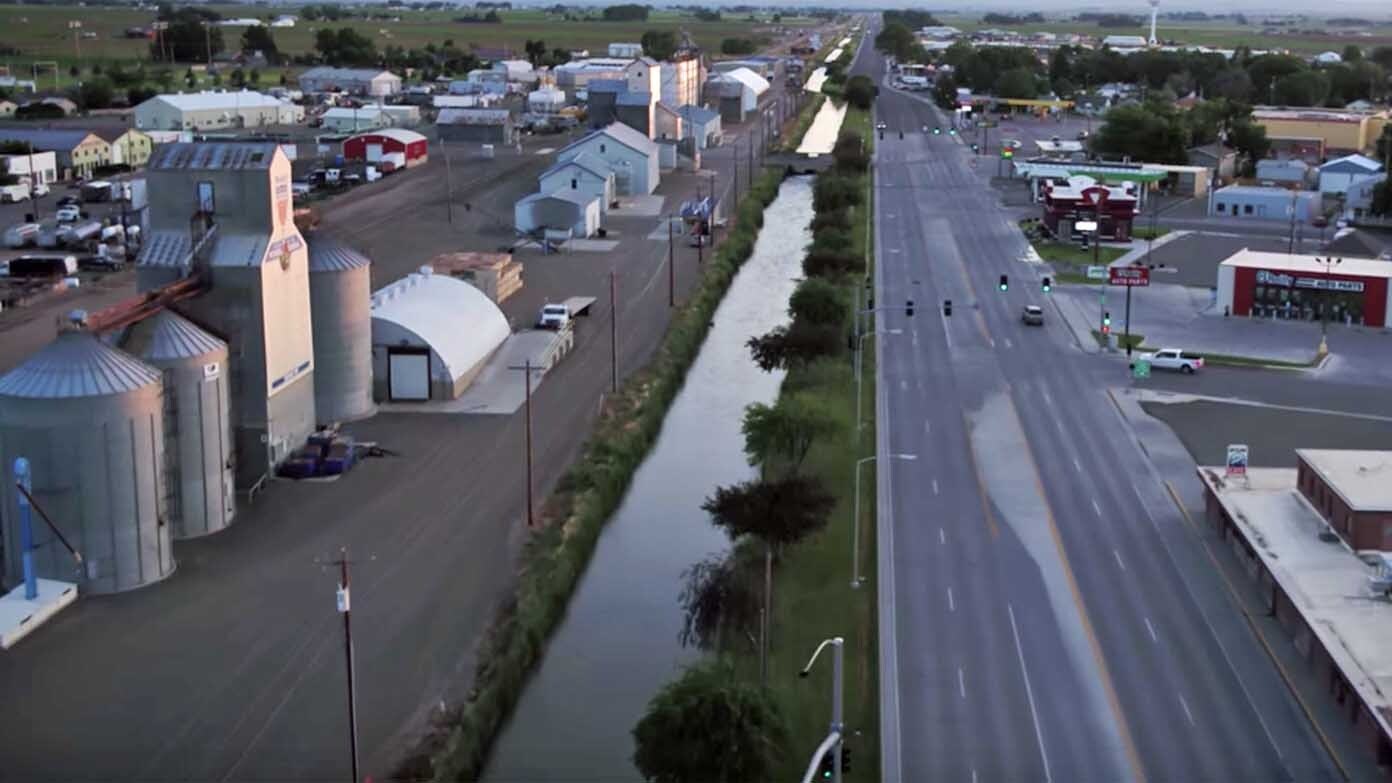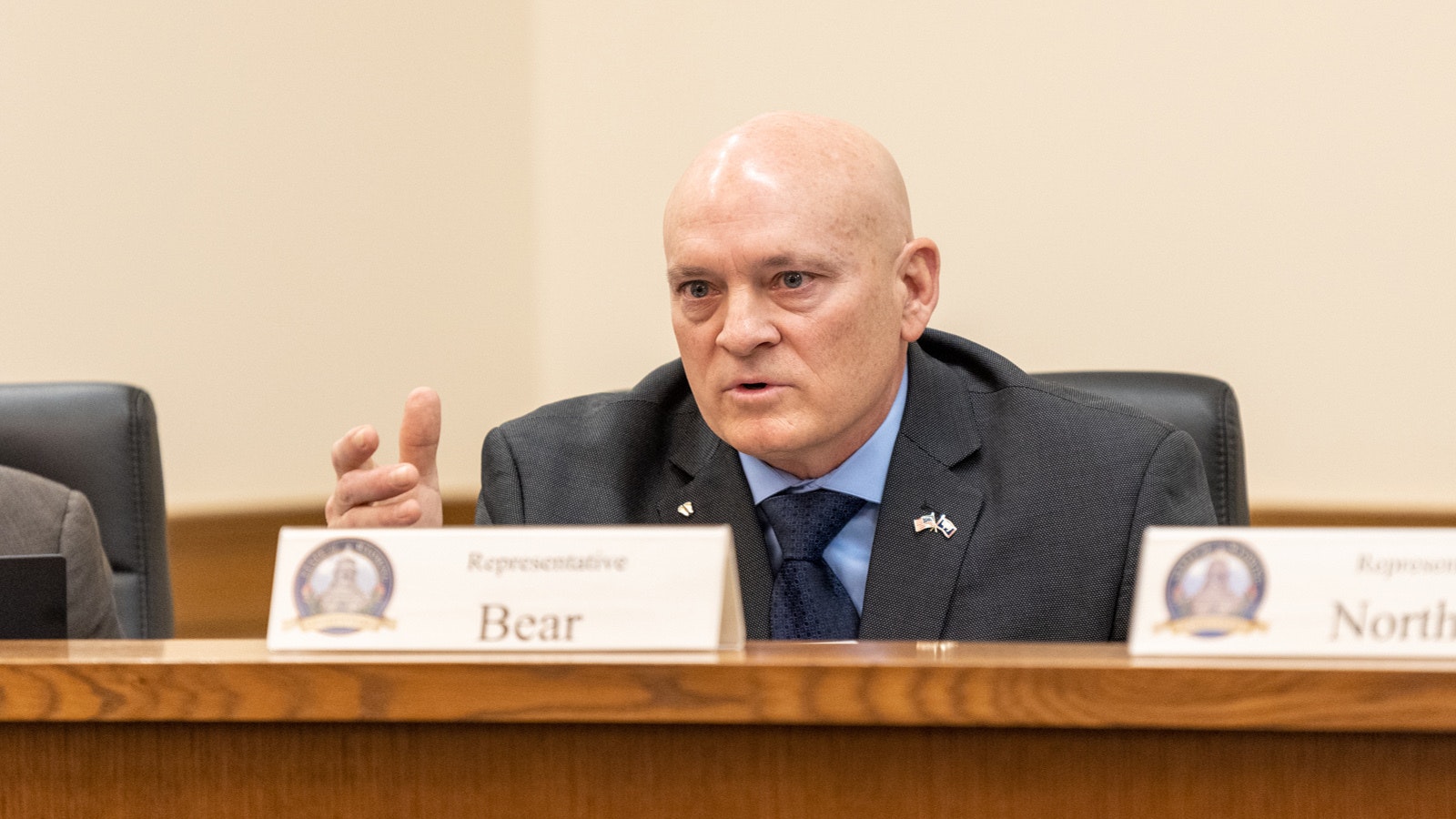By Kevin Killough, Powell Tribune (column)
To control the spread of the COVID-19 virus, Park County has shut down non-essential businesses, which include dine-in restaurants, gyms, barbershops, and gift shops. The restrictions were initially to be in effect until April 3, but some public health officials are hinting at more extensive closures for longer periods of time.
Almost all these businesses have one thing in common. They’re small businesses, which nationally provide nearly half of all private-sector employment. These businesses may weather a two-week hit to their finances, but add more weeks to that, and the loss of revenue will likely be a death blow for many of them.
While doctors and public health officials are correct when they say complacency with the virus is incredibly unwise, the “shelter in place” response is not without an enormous and lasting cost that will be felt long after this virus is under control.
On Thursday, the U.S. Department of Labor announced that nearly 3.3 million Americans applied for unemployment in the past week. This is a staggering figure. The most initial claims the department ever recorded in a single week since it began tracking the metric in 1967 was 695,000 — a record set in October 1982. While it is a single metric, it signals an enormously painful economic collapse ahead of the nation and Powell.
If a local restaurant goes bankrupt, it won’t come back — and another will not likely come to take its place anytime soon. It takes a lot of capital and a long time for a small business to establish and become profitable. Anyone who has worked in economic development will tell you how incredibly difficult business recruitment is, and fewer local amenities as a result of business failures will grow that difficulty exponentially.
There’s a ripple effect when businesses fail, especially in smaller communities that have less flexible economies than large cities. With a small labor pool and small pool of consumers, few in Powell will be untouched by these negative impacts. When a business closes, it takes jobs with it. Those are people who are no longer shopping in stores, getting their haircut, or buying gym memberships.
I rent an apartment from a nice woman whose retirement depends on her rentals. While the Powell Tribune isn’t among the businesses being ordered to close, it’s facing financial stress due to these closures. Should my employer need to lay me off, I will need to leave Powell to find work. My landlord will lose an important piece of her retirement, and that will likely impact other businesses in the area long after I’m gone. Every lost job threatens many more jobs in the community.
Businesses that depend on skilled labor, like our Powell Tribune, will find it especially hard to bounce back when the restrictions are lifted. In a small labor pool, recruitment for higher skilled positions requires a nationwide search. Recruiting employees to a town with fewer restaurants and places to shop becomes even harder.
With that economic decline comes an overall degradation to the quality of life. Rising unemployment will bring increases in suicides, domestic abuse, drug and alcohol abuse and child hunger, among a host of other problems. As we try to flatten a coronavirus curve, we exponentially increase other demand curves that will exhaust mental health, addiction treatment, and law enforcement resources.





